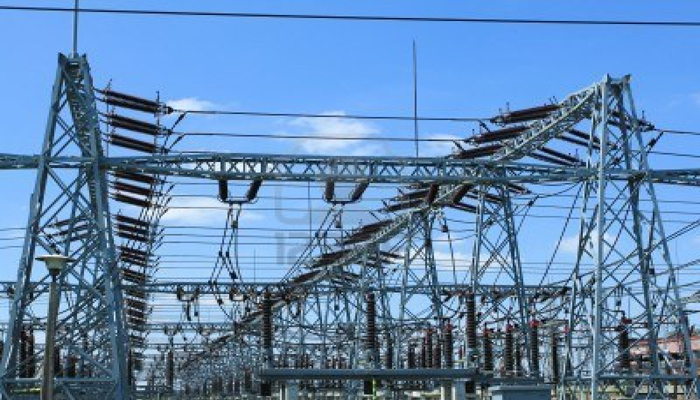The Executive Director, Research and Advocacy, Association of Nigerian Electricity Distributors, Mr. Sunday Oduntan, said that the distribution companies were set to carry out a nationwide mass disconnection of debtor-MDAs.
According to Oduntan, as at end of April, 2016, MDAs’ debt profile stood at N88.6bn with the military being the highest with a total of N38.7bn.
The debts profile also shows that the Abuja Disco is owed N18.6bn, Benin Disco N5.8bn, Eko Disco N8.6bn, Enugu Disco N7.2bn, Ibadan Disco N6.8bn, Ikeja Disco N5. 9bn, Jos Disco N6.5bn, Kaduna Disco N8.2bn, Kano Disco, N1.2bn, Port Harcourt Disco N6.8bn and Yola Disco N2.4bn.
Similarly, federal ministries and parastatals owe N9.7bn, while state ministries and parastatals owe a total of N16.2bn debt nationwide.
With a huge N78bn debt, the Ikeja Electric Plc, an electricity distribution company, said on Thursday that the debt profile was affecting its operations.
The Head, Media Communications of the company, Mr Felix Ofulue, said that the huge debt was hindering efficient service delivery to customers in the zone.
He said, “The company’s debt profile stands at N78bn being debts owed by customers within our network.
“Out of this, the Ministries, Departments and Agencies owe over N8.9bn to date, we have designed strategies to embark on mass disconnection of all debtors.
“We have also discussed with authorities of the military, navy, police and MDAs on how to settle their debts and we have been assured of payment very soon.”
Ofulue urged consumers to pay their outstanding debts, adding that it would be difficult to sustain supply of electricity in the zone with the huge debts.
He disclosed that the company had reconnected some of the MDAs following agreed payment modalities.
On consumers who were disconnected in estates and other built-up residential areas for debts owed by the MDAs and the military, Ofule promised that the company would ensure that customers, who did not owe were not unjustly punished.
The spokesman said huge debts by some categories of consumers remained one of the major challenges in ensuring uninterrupted power supply in the country. Ikeja Electric had thrown Gowon Estate near Egbeda in Alimosho Council Area into darkness for several weeks as a result of non-payment of huge electricity bills by officers of the Armed Forces living in the estate.
The civilian population had been at the receiving end of the power cut in the estate, a situation which some residents described as unjust and worrisome.
Ofulue said, “Consumers must continue to pay for energy consumed as DISCOs pay heavily to get electricity distributed across the country; so consumers must reciprocate the gesture by paying their electricity bills promptly.
“MDAs of government are the biggest debtors and this is not helping the business of electricity distribution in the country.
“It is unfortunate that we are experiencing this situation, but that is the reality and we must face it.
“Non-payment of electricity bills is like buying “akara” (beans cake) from the seller regularly without paying. The simple implication is that such a business will not last.
“To remain in business, consumers must pay for every bit of power consumed.’’

 Billionaire Watch3 weeks ago
Billionaire Watch3 weeks ago
 Startups4 weeks ago
Startups4 weeks ago
 News4 weeks ago
News4 weeks ago
 News4 weeks ago
News4 weeks ago
 Bitcoin4 weeks ago
Bitcoin4 weeks ago
 Naira4 weeks ago
Naira4 weeks ago
 Forex3 weeks ago
Forex3 weeks ago
 Treasury Bills4 weeks ago
Treasury Bills4 weeks ago

























